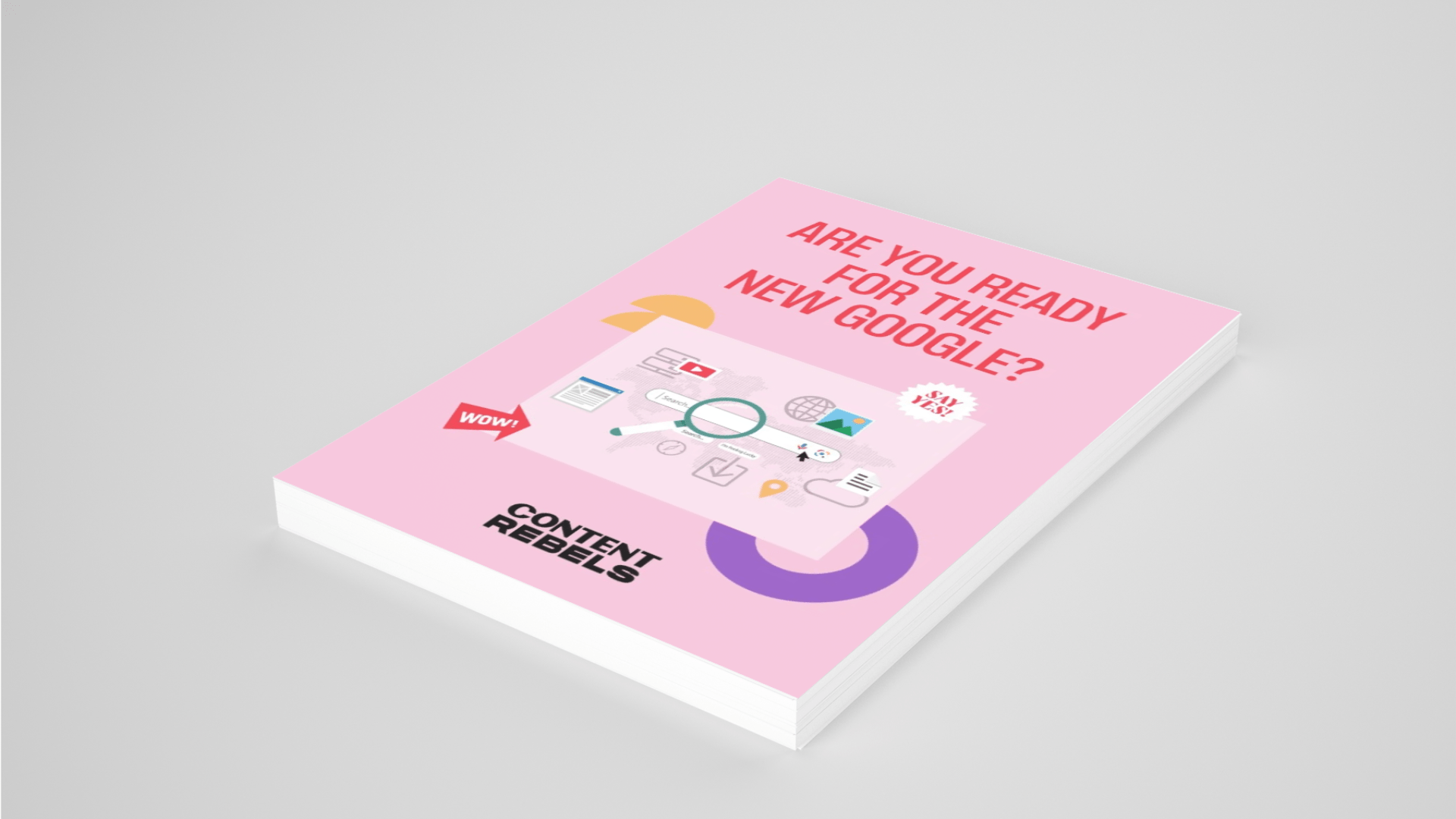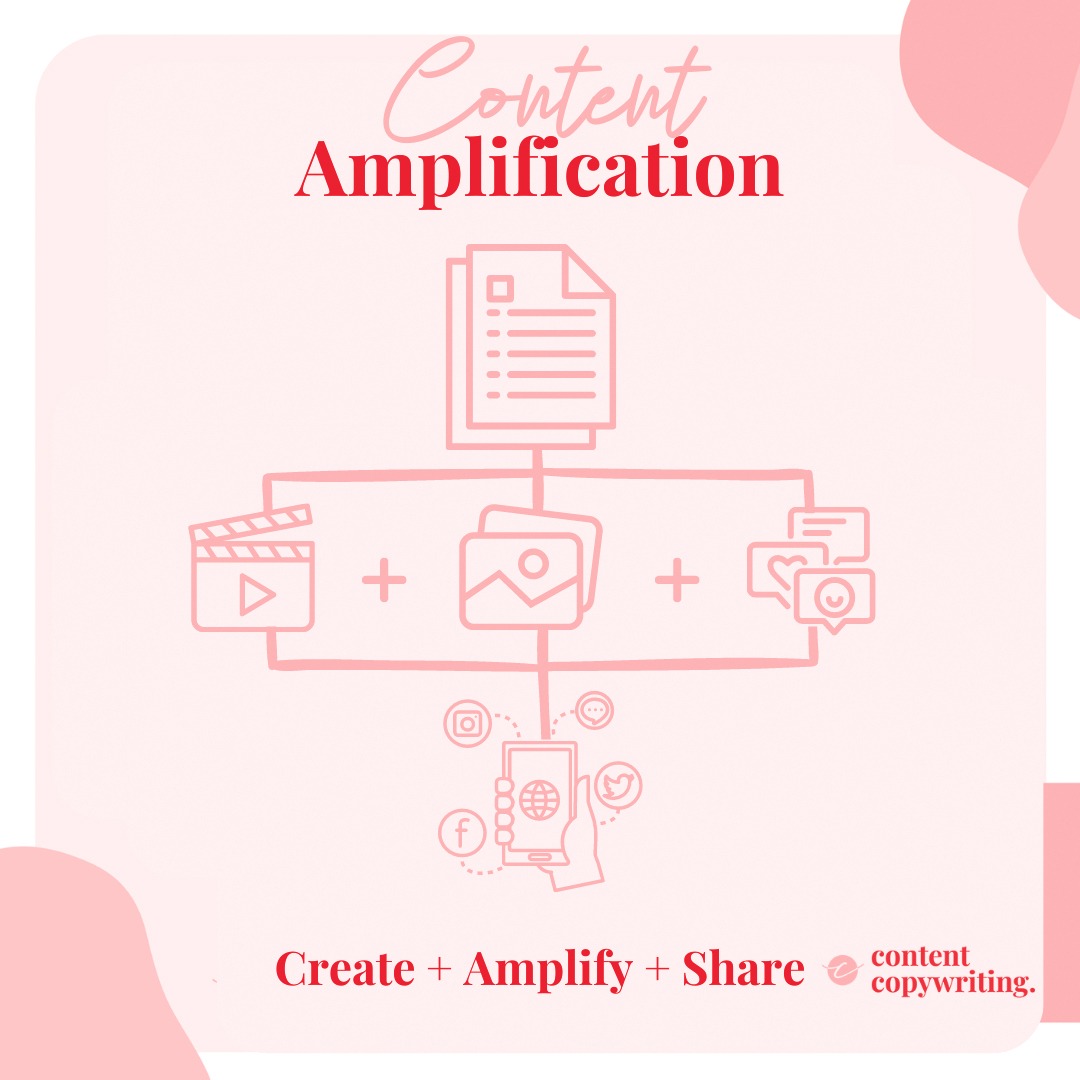Puhhhlease… can we hurry up already! Just decide! Is it GEO? AEO? SEO? ASO?
I posted this to LinkedIn a few days ago out of sheer frustration, and it really hit a nerve!
Marketers can’t agree on what to call the work we’re doing to get brands found on AI platforms. I wasn’t trying to stir the pot – I was just having major acronym fatigue, and it seems I’m not the only one.
I mean, WTF? Can we just pick an acronym already and go with it?
Turns out… marketers have a LOT of feelings about acronyms.
What started as a quick post turned into a full-on acronym showdown. The comments section became the marketing version of the Hunger Games. GEO, AEO, ASO, SEO (but rebranded as ‘Search Experience’ or ‘Search Everywhere’), and even rogue entries like AIEO, GAAISEO and PEO (Prompt Engine Optimisation).
One cheeky guy said LLMFO (I’ll let you work that one out), someone else said LMO (Language Model Optimisation), another said Guesseo (love the Dad joke vibes) and we even had Search. Just… Search.
Who knew there were so many ways to describe one thing? What an epic alphabet soup!
Why the acronym matters more than you think
You may be thinking, whatevs – it’s a big nothing burger. Why does it even matter? We just want the robots to see us.
The truth is, it really doesn’t matter what we decide to call it in the end, but it does matter that we stay ahead of the game, and clarity in terminology is important in setting and achieving our goals. We don’t have time to waste playing semantics ping-pong, because generative AI isn’t a game or a shiny new toy – it’s changing how people discover brands. We’re optimising for citations in AI-generated answers, not just ten blue links in Google (so cute, so 2013).
Independent analyses tie AI Overviews to double-digit declines in publisher clicks, with a trade group study showing the average CTR for the #1 result dropping from 7.3% to 2.6% when an AI Overview appears (-34.5%).
On the shopper side, Adobe found 55% of Gen-AI users employ it for research and 39% for online shopping tasks. Adobe Analytics shows AI referrals to US retail surging this year.
Meanwhile, large studies still show AI Overviews skew heavily informational (not commercial): in March 2025 they showed on ~13% of U.S. searches overall, with commercial queries triggering AI only ~6–9% of the time. Top-of-funnel gets hit first – but the mix is moving.
Translation: discovery is increasingly happening via AI.
Bottom line: the numbers prove attention is shifting into AI answers. If rankings are losing clicks and AI is where research starts (especially top-of-funnel), then the game isn’t just ‘be on the page’ – it’s be in the answer.
That’s why the acronym matters: a clear label (GEO, AEO – pick your fighter) aligns your team around creating source-rich, verifiable content and tracking new KPIs like citations and Share-of-AI-Voice. Name the work, fund it and measure it – so you’re not invisible even when you ‘rank’.
Help – get me out of acronym hell!
We hear ya. It’s getting confusing out there, so let’s break down the most prominent acronyms we’ve seen getting traction:
- GEO (Generative Engine Optimisation)
GEO means optimising your brand to be cited or mentioned by generative AI systems (e.g., ChatGPT, Claude, Gemini, Perplexity). Think authority-building, review velocity, structured, source-rich content – and practical moves like hosting an /llms.txt to guide models to your most cite-worthy assets. - AEO (Answer Engine Optimisation)
AEO means optimising to become the direct answer in platforms that assemble answers from the web. Where it applies: Google AI Overviews, Bing/Copilot, featured snippets, People Also Ask and knowledge panels. FAQ blocks, entity-rich Q&A, schema, and snippet-friendly page architecture still matter – all with the goal of becoming the answer, not just a blue link. - ASO (AI Search Optimisation)
Catchy, broad… but ASO already means App Store Optimisation in our industry. Using it here muddies the waters. Our take: Avoid for web/AI work; reserve ASO for app stores. - And SEO?
Not dead — just having an identity crisis. The craft is expanding beyond Google into every discovery surface. Rankings still matter; so do citations.
So, what’s Content Rebels’ take? Which acronym wins in our world?
Right now, we’re flying the flag for GEO. We reckon GEO is the clear winner in the acronym Olympics, because it’s clear, specific and forward-facing. It also sounds SEO-adjacent, and we love that. GEO and SEO go hand in hand – like two peas in a pod – ensuring your content shows up in all the right places, for all the right people. And at the end of the day, they need to. No brand should be focusing on one without the other. The real power lies in the synergies – when your content strategy is built to boost both local relevance and global searchability at once.
GEO describes the work my team does daily: creating structured, review-rich, source-friendly content that LLMs can verify and quote.
And we’re still keeping SEO front and centre, especially since more than 75% of pages cited in Google’s AI Overviews rank in the top 10 of Google search results.
Beyond acronyms: what actually moves the needle?
Content structured for LLMs, not just crawlers. Clear claims, supporting sources, entity-rich pages, FAQs, tables, concise summaries and author bios.
Citations and reviews on trusted platforms. Prioritise credibility, velocity and recency.
Visibility tracking that goes beyond traffic and clicks. Monitor citations and mentions across AI systems – but start with an AI Visibility Audit first, so you know what your baseline is.
New KPIs include Share-of-AI-Voice and AI Referrals. Define SOAI-V as the % of answers mentioning/citing your brand across ChatGPT, Gemini, Perplexity and AI Overviews. Scrunch.AI is our pick of the vendors exposing these metrics now.
Bonus: Add an /llms.txt (and, where useful, an llms-full.txt) to point models at your best content.
If your content isn’t showing up in ChatGPT, Gemini or Perplexity… you’re not just missing traffic. You’re missing trust. You’re missing relevance. And most importantly, you’re missing out on being part of the conversation.
So call it GEO. Call it AI SEO. Call it “convincing the robots” or even “Goose Egg Omlettes,” as Search Royalty, Rand Fishkin, brilliantly commented on my LinkedIn post. Just don’t wait for the industry to pick one before you act.
The brands that move now will own the AI layer before everyone else catches on. Don’t be late to the party.
Need help showing up where it counts?
Book an AI Visibility Audit with us. We’ll measure your Share-of-AI-Voice across ChatGPT, Gemini, Perplexity and other AI platforms, find your citation gaps, and ship your GEO plan.
Or, if you’re already ready to level up your GEO?
Stay tuned for our GEO Success Playbook.
It’s our step-by-step guide for bold brands ready to dominate AI.
Founder of Content Rebels | Proud marketing and strategy nerd

















